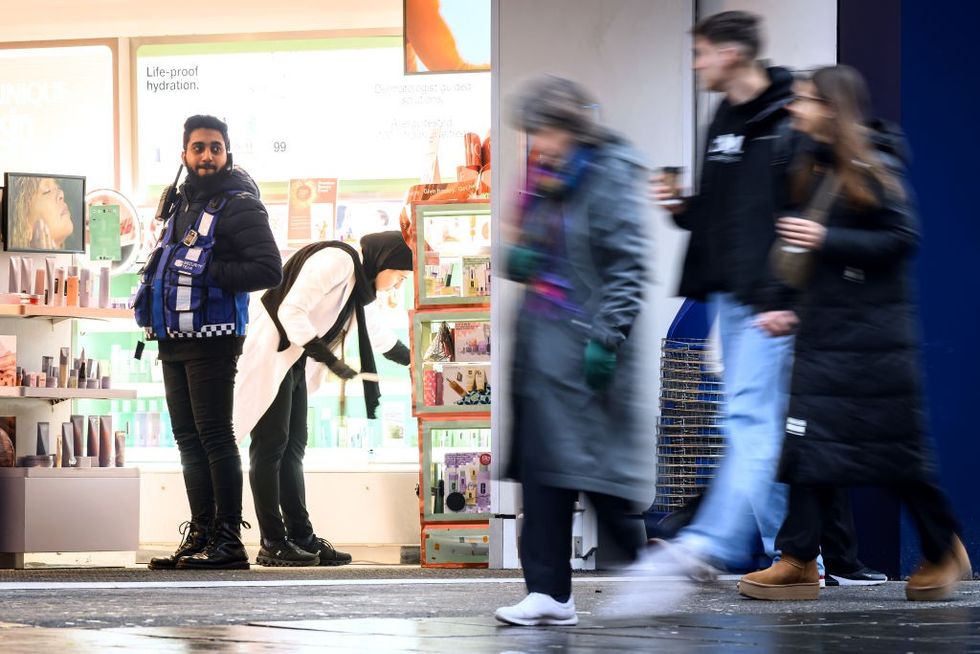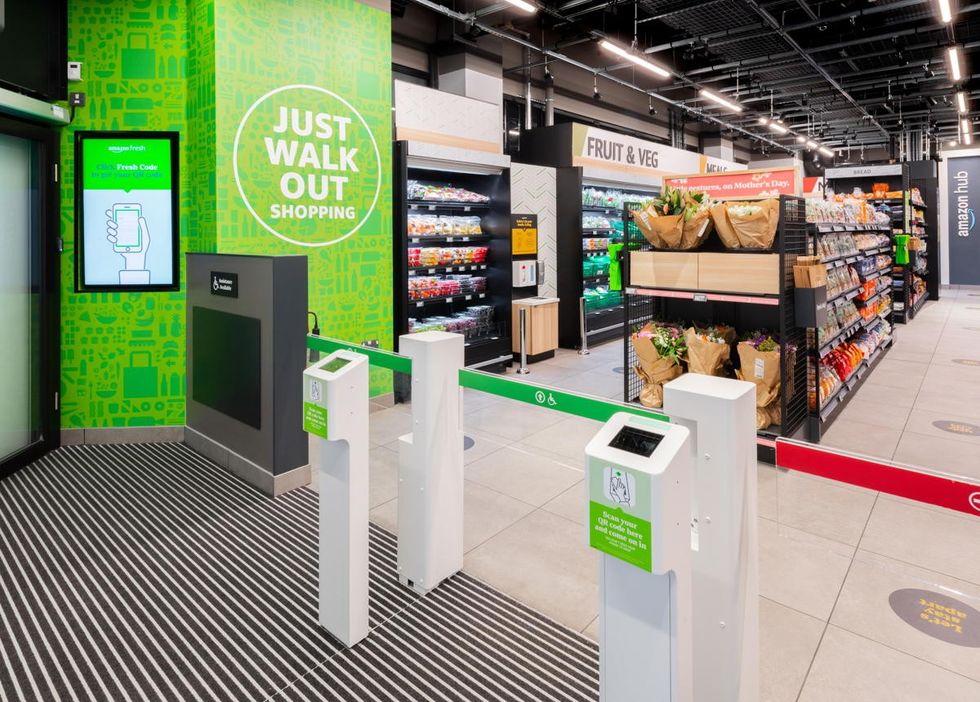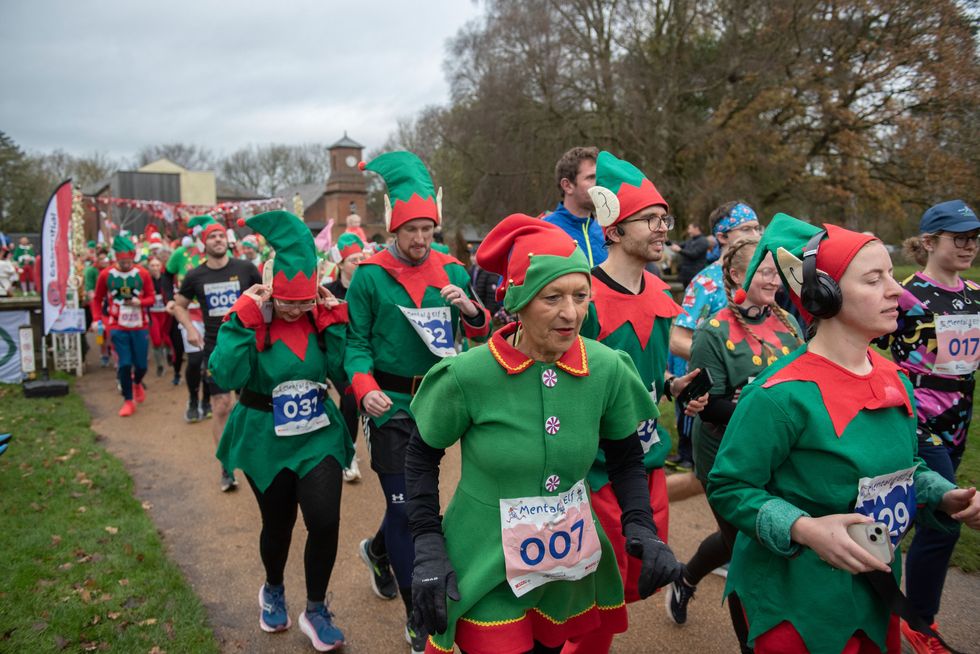One of the world's most common artificial sweeteners is set to be declared a possible carcinogen next month by a leading global health body, Reuters reported citing two sources with knowledge of the process, pitting it against the food industry and regulators.
Aspartame, used in products from Coca-Cola diet sodas to Mars' Extra chewing gum and some Snapple drinks, will be listed in July as "possibly carcinogenic to humans" for the first time by the International Agency for Research on Cancer (IARC), the World Health Organization's (WHO) cancer research arm, the sources said.
The IARC ruling, finalised earlier this month after a meeting of the group's external experts, is intended to assess whether something is a potential hazard or not, based on all the published evidence.
It does not take into account how much of a product a person can safely consume. This advice for individuals comes from a separate WHO expert committee on food additives, known as JECFA (the Joint WHO and Food and Agriculture Organization's Expert Committee on Food Additives), alongside determinations from national regulators.
However, similar IARC rulings in the past for different substances have raised concerns among consumers about their use, led to lawsuits, and pressured manufacturers to recreate recipes and swap to alternatives. That has led to criticism that the IARC's assessments can be confusing to the public.
JECFA, the WHO committee on additives, is also reviewing aspartame use this year. Its meeting began at the end of June and it is due to announce its findings on the same day that the IARC makes public its decision – on July 14.
Since 1981, JECFA has said aspartame is safe to consume within accepted daily limits. For example, an adult weighing 60 kg would have to drink between 12 and 36 cans of diet soda – depending on the amount of aspartame in the beverage – every day to be at risk. Its view has been widely shared by national regulators, including in the US and Europe.
An IARC spokesperson said both the IARC and JECFA committees' findings were confidential until July, but added they were "complementary", with IARC's conclusion representing "the first fundamental step to understand carcinogenicity". The additives committee "conducts risk assessment, which determines the probability of a specific type of harm (e.g., cancer) to occur under certain conditions and levels of exposure."
However, industry and regulators fear that holding both processes at around the same time could be confusing, according to letters from US and Japanese regulators seen by Reuters.
"We kindly ask both bodies to coordinate their efforts in reviewing aspartame to avoid any confusion or concerns among the public," Nozomi Tomita, an official from Japan's Ministry of Health, Labour and Welfare, wrote in a letter dated March 27 to WHO's deputy director general, Zsuzsanna Jakab.
The letter also called for the conclusions of both bodies to be released on the same day, as is now happening. The Japanese mission in Geneva, where the WHO is based, did not respond to a request for comment.
Debate
The IARC's rulings can have huge impact. In 2015, its committee concluded that glyphosate is "probably carcinogenic". Years later, even as other bodies like the European Food Safety Authority (EFSA) contested this, companies were still feeling the effects of the decision. Germany’s Bayer in 2021 lost its third appeal against US court verdicts that awarded damages to customers blaming their cancers on use of its glyphosate-based weedkillers.
The IARC's decisions have also faced criticism for sparking needless alarm over hard to avoid substances or situations. It has previously put working overnight and consuming red meat into its "probably cancer-causing" class, and using mobile phones as "possibly cancer-causing", similar to aspartame.
"IARC is not a food safety body and their review of aspartame is not scientifically comprehensive and is based heavily on widely discredited research," Frances Hunt-Wood, the secretary general of the International Sweeteners Association (ISA), said.
The body, whose members include Mars Wrigley, a Coca-Cola unit and Cargill, said it had "serious concerns with the IARC review, which may mislead consumers".
The International Council of Beverages Associations' executive director Kate Loatman said public health authorities should be "deeply concerned" by the "leaked opinion", and also warned it "could needlessly mislead consumers into consuming more sugar rather than choosing safe no-and low-sugar options."
Aspartame has been extensively studied for years. Last year, an observational study in France among 100,000 adults showed that people who consumed larger amounts of artificial sweeteners – including aspartame – had a slightly higher cancer risk.
It followed a study from the Ramazzini Institute in Italy in the early 2000s, which reported that some cancers in mice and rats were linked to aspartame.
However, the first study could not prove that aspartame caused the increased cancer risk, and questions have been raised about the methodology of the second study, including by EFSA, which assessed it.
Aspartame is authorised for use globally by regulators who have reviewed all the available evidence, and major food and beverage makers have for decades defended their use of the ingredient. The IARC said it had assessed 1,300 studies in its June review.
Recent recipe tweaks by soft drinks giant PepsiCo demonstrate the struggle the industry has when it comes to balancing taste preferences with health concerns. PepsiCo removed aspartame from sodas in 2015, bringing it back a year later, only to remove it again in 2020.
Listing aspartame as a possible carcinogen is intended to motivate more research, said the sources close to the IARC, which will help agencies, consumers and manufacturers draw firmer conclusions.
But it will also likely ignite debate once again over the IARC's role, as well as the safety of sweeteners more generally.
Last month, the WHO published guidelines advising consumers not to use non-sugar sweeteners for weight control. The guidelines caused a furore in the food industry, which argues they can be helpful for consumers wanting to reduce the amount of sugar in their diet.










 A security guard stands in the doorway of a store in the Oxford Street retail area on December 13, 2024 in London, EnglandPhoto by Leon Neal/Getty Images
A security guard stands in the doorway of a store in the Oxford Street retail area on December 13, 2024 in London, EnglandPhoto by Leon Neal/Getty Images The Amazon Fresh store in Ealing, LondonPhoto: Amazon
The Amazon Fresh store in Ealing, LondonPhoto: Amazon







 A woman browses some of the Christmas gift ideas in a store on December 13, 2024 in London, England. Photo by Leon Neal/Getty Images
A woman browses some of the Christmas gift ideas in a store on December 13, 2024 in London, England. Photo by Leon Neal/Getty Images



